A Neural Network-enriched Reproducing Kernel Particle Method for Modeling Localization and Fracture
Please login to view abstract download link
The localized intensive deformation in the damaged solids requires highly refined discretization for accurate prediction, which significantly increases the computational cost. While adaptive model refinement can be employed for enhanced effectiveness, it is cumbersome for the traditional mesh-based methods. In this work, neural network-enhanced reproducing kernel particle method (NN-RKPM) is proposed [1], where the location, orientation, and the shape of the solution transition near localization are automatically captured by the NN approximation via the minimization of total potential energy. The standard RK approximation is then utilized as a background discretization to approximate the smooth part of the solution to permit a much coarser discretization. For modeling fracture, a modified NN-RKPM is proposed, where the neural network enhancement is formulated under the partition of unity framework [2]. The flexibility and adaptivity of the NN function space are also utilized to capture complex solution patterns that the conventional Galerkin methods fail to capture. The NN enrichment is constructed by combining pre-trained NN blocks with an additional untrained NN block. The pre-trained NN blocks learn specific complex solution patterns during the offline stage, enabling efficient enrichment of the approximation space during the online stage through potential energy minimization [3]. Reference [1] J. Baek, J. S. Chen, and K. Susuki, “Neural network enhanced reproducing kernel particle method for modeling localizations,” Int. J. Numer. Methods Eng., 123, 4422-4454 (2022). [2] J. Baek and J. S. Chen, “A neural network-based enrichment of reproducing kernel approximation for modeling brittle fracture,” Comput. Methods Appl. Mech. Eng., 410, 116590 (2024). [3] J. Baek, Y. Wang, and J. S. Chen, "N-adaptive Ritz method: a neural network enriched partition of unity for boundary value problems," Comput. Methods Appl. Mech. Eng., 428, 117070 (2024).

